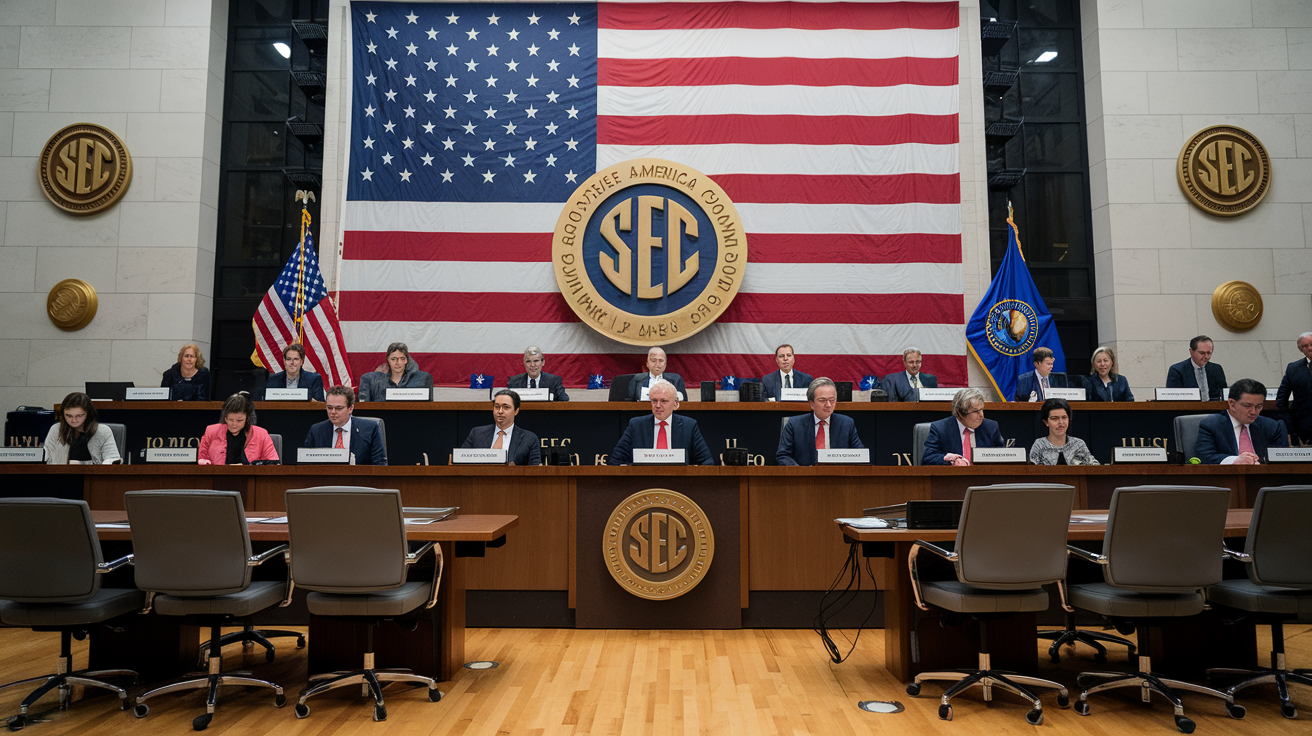
Meme coins have been a hot topic in the crypto world, and in 2024-2025, the SEC made a big announcement about them. The U.S. Securities and Exchange Commission (SEC) said meme coins like Dogecoin and Shiba Inu are not securities. This decision has changed the way people think about cryptocurrencies. Let’s understand what this means and why it matters.
What Are Meme Coins?
Meme coins are cryptocurrencies that started as jokes or internet memes. Unlike Bitcoin or Ethereum, which were created for serious technology purposes, meme coins often have funny logos or names. Dogecoin, for example, started in 2013 as a joke based on the “Doge” meme of a Shiba Inu dog. But over time, meme coins gained immense popularity. People started buying and selling them for fun and some people even made money when their prices went up.
The SEC’s Role in Crypto
The SEC is a government agency that protects investors and makes rules for financial markets. One of their jobs is to decide if something is a “security.” A security is an investment (like stocks or bonds) where people expect to earn money from others’ work. If a cryptocurrency is a security, it has to follow strict SEC rules. Companies must share details about how it works.
For years, the SEC argued that many cryptocurrencies are securities. In 2023, they even sued big crypto companies like Coinbase for not following these rules. But meme coins were always different. Most don’t have a CEO or a clear business plan. They are just community-based jokes.
The 2024-2025 Meme Coin Decision
In early 2024, the SEC finally clarified its stance. After studying meme coins, they said these coins are not securities. Why? Because meme coins don’t fit the definition of an investment contract. The SEC’s chair, Gary Gensler, explained that most meme coins aren’t created by companies promising profits. Instead, their value comes from online hype and community support.
This was a huge win for meme coin fans. Before 2024, people worried the SEC might ban or restrict meme coins. Now, they’re free to trade them without extra rules.
Why Did the SEC Change Its Mind?
The SEC’s decision didn’t happen overnight. So how did they decide this?
- Meme coins like Dogecoin don’t have a CEO or team making decisions. They are run by volunteers online.
- Unlike stocks, nobody buys meme coins because a company says they’ll grow. People buy them for fun or speculation.
- Meme coins grow with social media trends, not business plans.
Impact on the Crypto Market
After the SEC’s announcement, meme coin prices jumped quickly. Dogecoin jumped 50% in one week, and new meme coins flooded the market. Even celebrities started promoting them again. Crypto exchanges like Binance and Robinhood added more meme coins, making them easier to buy.
But experts warn: just because meme coins are not securities doesn’t mean they are safe. Their prices can crash fast. For example, a meme coin called “Floki Moon” rose 300% in April 2024 but dropped 90% a month later.
What Investors Should Know
If you’re thinking about buying meme coins, remember:
- They are highly volatile (prices change wildly).
- They are not backed by real companies or products.
- Always research before investing.
Conclusion
The SEC’s 2024 ruling was a game-changer for meme coins. By saying they’re not securities, the SEC gave these joke cryptocurrencies a lifeline. But with freedom comes risk. Meme coins are still unpredictable, so enjoy the ride but don’t invest money you can not afford to lose.
FAQs
Why did the SEC say meme coins aren’t securities?
The SEC decided meme coins don’t meet the definition of securities because they’re not run by companies promising profits.
Are meme coins safe to buy now?
Meme coins are still risky. Prices can crash fast, so only invest what you’re okay with losing.
Could the SEC change its mind later?
Yes. If meme coins start acting more like securities, the SEC might regulate them.